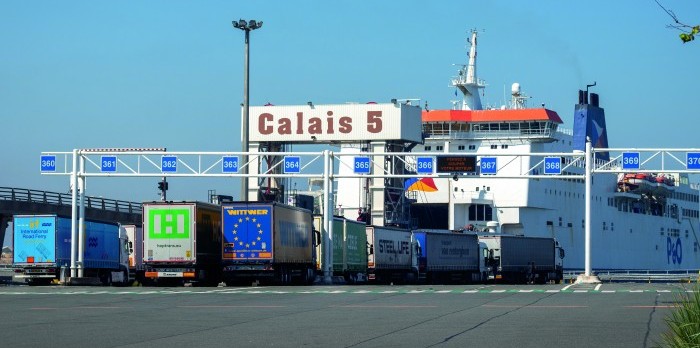The NFU has welcomed the decision by the EU to grant third country listing status to the UK and approve exports of meat, dairy and other products of animal origin.
The listing, separate to any trade deal, is essential if meat and livestock exports to the EU are continue from January 1, when the Transition Period ends.
But there will still be all sorts of conditions and additional red tape attached to these exports, including the need for Export Health Certificates for all different product types within a consignment, which will need to be signed by an Official Veterinarian, and Border Control Posts (BCPs) for live animals.
UK Chief Veterinary Officer, Christine Middlemiss, said: “Third country listed status demonstrates our very high standards of biosecurity and animal health which we will continue to maintain after the end of the transition period.
“If you or your business imports or exports animal and animal products, or imports high risk food, then I urge you to visit our guidance pages on gov.uk for what you need to do to continue to trade after December 31.”
NFU President Minette Batters said: “Receiving third country listing status from the EU for our animal products is absolutely critical and will allow an export trade worth more than £3 billion to continue at the end of the transition period.
“This means the UK has met all of the necessary animal health and biosecurity standards the EU requires for this trade and is a step forward in the government’s preparations for the end of the transition period.
“While this listing is good news, we must bear in mind that there will be significant friction for our exports to the EU from the 1 January and it’s crucial the government minimises this disruption as much as possible in the time remaining.”
As things stand, there will be no UK exports of breeding pigs, at least initially, to the EU from January 1 due to a lack of BCPs in place at seaports in France, Belgium and the Netherlands. The breeding companies and NPA and NFU have been in direct contact with many of the ports and several now are showing an interest in setting one up, raising hopes the issue could be resolved within the first few months of 2021.
The meat industry has warned of potential major delays at ports due to a lack of veterinary resource to process the thousands of additional EHCs that will be required. The British Meat Processors Association has called for a further one-year ‘orientation period’ gradually introduce the changes’ in order to ‘avoid a damaging shock to our food supply chain and preserve our existing trade with Europe’.
Defra acknowledged that there are ‘a range of challenges’ in estimating both the number of EHCs that will be required and the availability of certifiers. A spokesperson said the Department was ‘working hard to increase the number of official certifiers’.
“We have doubled the number of Official Veterinarians qualified to sign EHCs for animal products since 2019, and we are providing funding for surge capacity veterinarians as short term support for the end of the transition period,” he said.
If indications that the UK and EU are on the verge of agreeing a trade deal are correct, that will remove uncertainty over new tariffs that could apply to exports and imports.




